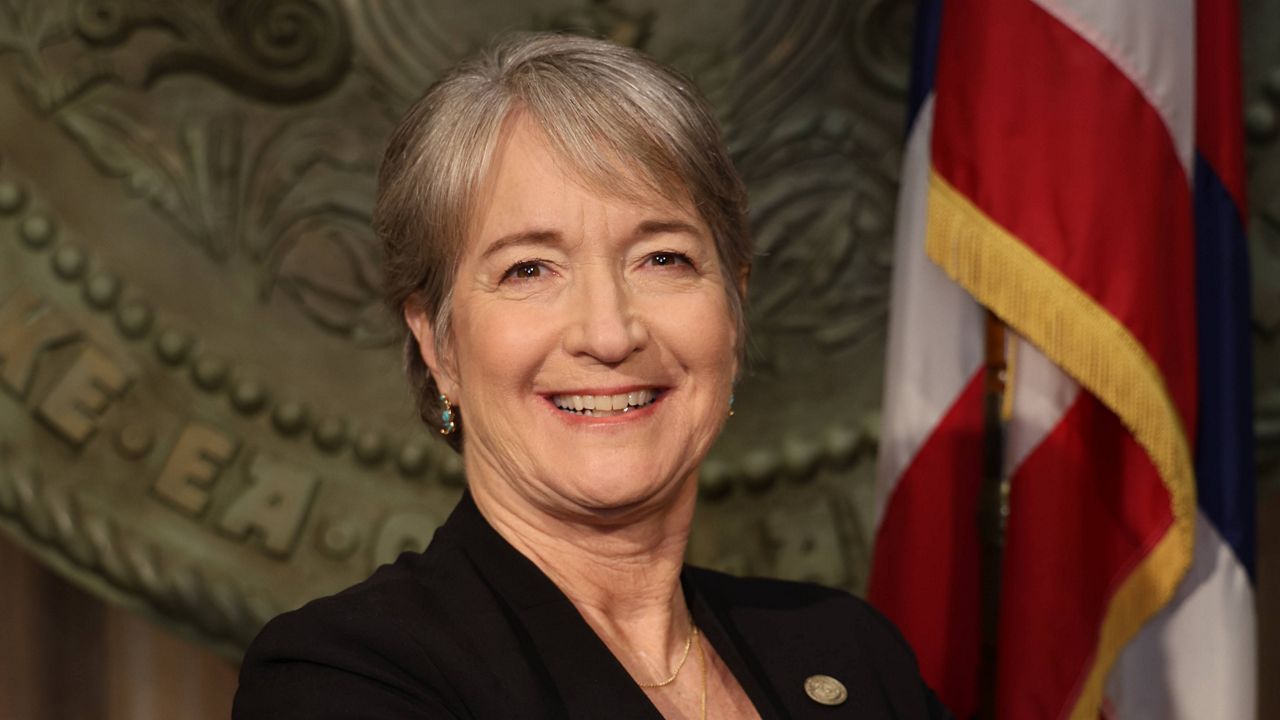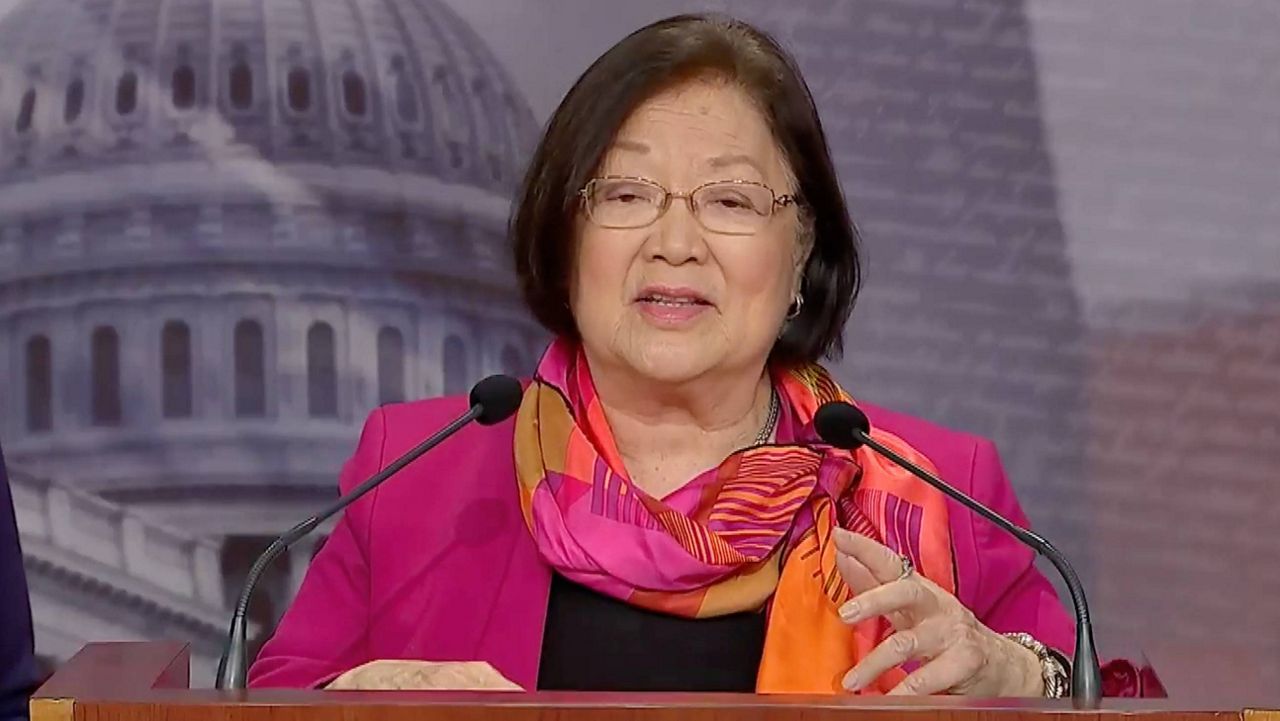A federal judge in Massachusetts issued a preliminary injunction Thursday blocking the Trump administration from terminating birthright citizenship.
U.S. District Judge Leo Sorokin sided with the attorneys general of 19 states and the City of San Francisco, including Hawaii AG Anne Lopez, who filed suit against the president in an effort to invalidate an executive order that would strip children who were born in the United States to parents who lack legal status of their U.S. citizenship.
“President Trump may believe that he is above the law, but today’s preliminary injunction sends a clear message: He is not a king, and he cannot rewrite the Constitution with the stroke of a pen,” the AGs said in a joint statement issued shortly after the decision. “The president and his allies made clear long before he was sworn in that they would pursue this illegal action, and our coalition was prepared to challenge it as soon as President Trump fulfilled this unconstitutional campaign promise on Inauguration Day,” the statement continued. “We immediately stood up for our Constitution, for the rule of law, and for American children across the country who would have been deprived of their constitutional rights and today we delivered for them. This is not yet over, and we will continue to fight every single step of the way until President Trump is permanently prevented from trampling on the Fourteenth Amendment rights of all Americans.”
Trump issued the order, Protecting the Meaning and Value of American Citizenship, on Jan. 20. If upheld, the order would exclude from birthright citizenship any child born in the United States whose mother is unlawfully present in the country or lawfully present on a temporary basis and whose father is neither a citizen nor a lawful permanent resident.
The plaintiffs argue that the order is a violation of the Fourteenth Amendment of the U.S. Constitution and Section 1401 of the Immigration and Nationality Act.
The Fourteenth Amendment was adopted in 1868 in response to the Dred Scott decision, which denied birthright citizenship to the children of slaves. The plaintiffs noted that the Supreme Court has repeatedly supported the interpretation of the amendment that holds that birthright citizenship does not depend on the immigration status of the child’s parents.
“The children whose citizenship would be stripped by the president’s order would lose their most basic rights and would be forced to live under the threat of deportation,” the plaintiffs’ statement read. “They would lose eligibility for a wide range of federal services and programs. They would lose their ability to obtain a Social Security number and, as they age, to work lawfully. They would also lose their ability to obtain a passport. And they would lose their right to vote, serve on juries and run for certain offices. Despite the Constitution’s guarantee of citizenship, thousands of American children would — for the first time — lose their ability to fully and fairly be a part of American society as a citizen with all its benefits and privileges.
The plaintiffs said the order would also negatively affect states, who stand to lose federal funding for programs they administer, such as Medicaid, the Children’s Health Insurance Program, and foster care and adoption assistance programs.
“States would also be required — at their considerable expense — to immediately begin modifying their operation and administration of benefits programs to account for this change, which would impose significant burdens on multiple agencies that operate programs for the benefit of the states’ residents,” the plaintiffs stated. “The states’ filings explain that they should not have to bear these dramatic costs while their case proceeds because the order is directly inconsistent with the Constitution, the Immigration and Nationality Act, and two U.S. Supreme Court decisions.”
Sorokin’s order was the fourth ruling against the Trump administration regarding the executive order, following similar court decisions in New Hampshire, Washington state and Maryland.
Michael Tsai covers local and state politics for Spectrum News Hawaii. He can be reached at michael.tsai@charter.com.











